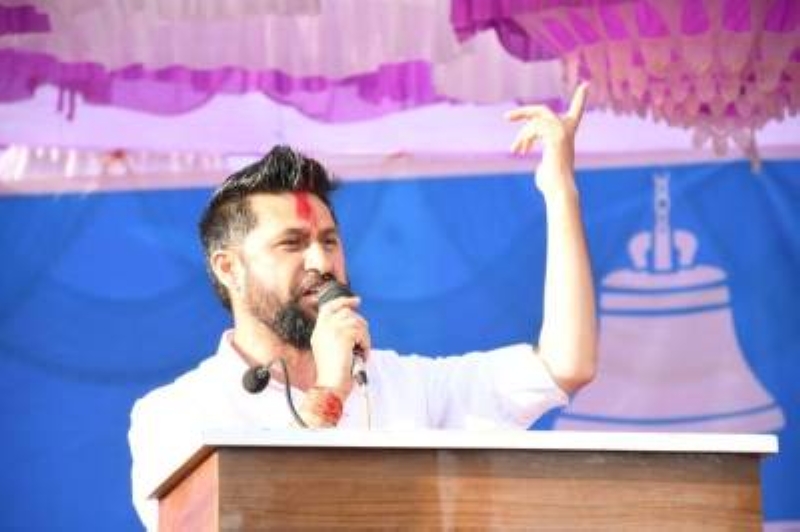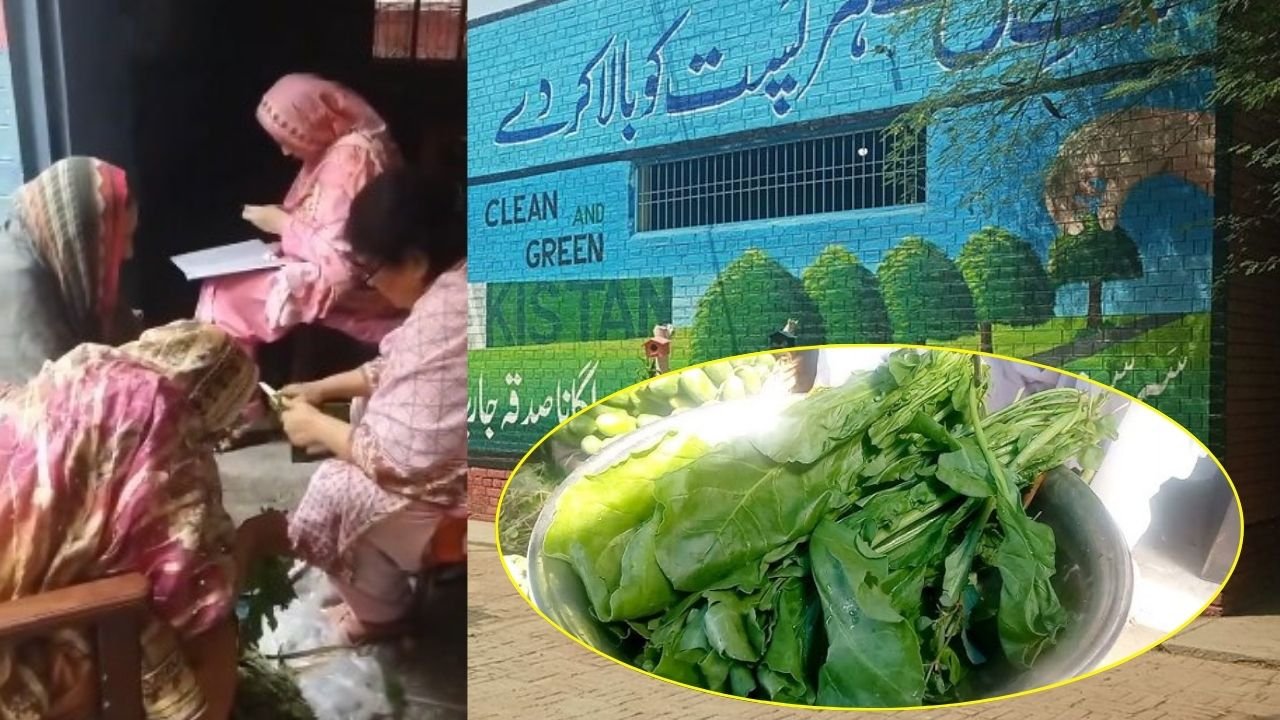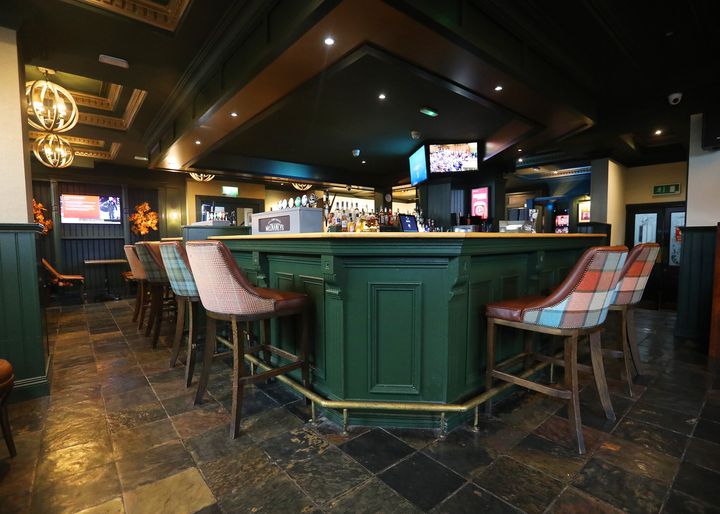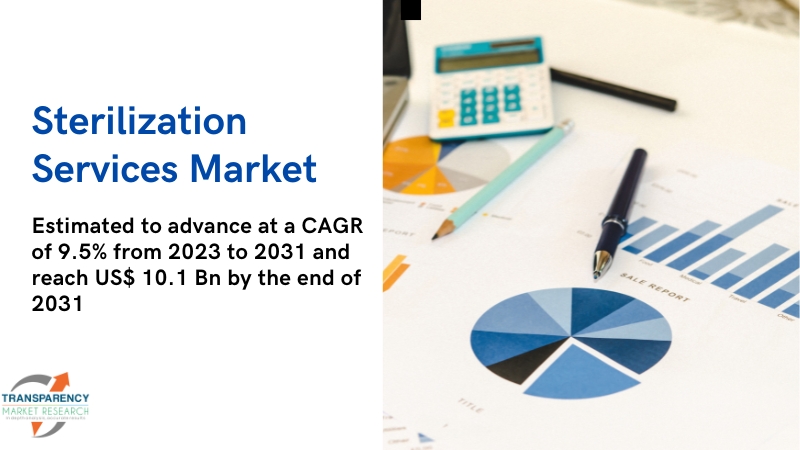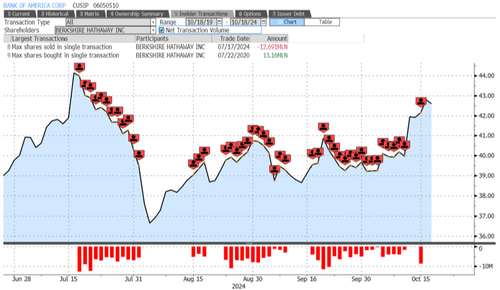
A Production Sharing Contract has been signed between the Government of Trinidad and Tobago and BG International Ltd (BGI), a subsidiary of Shell, for Block Modified U(c), the most highly contested block in the country’s recent Shallow Water Competitive Bidding Round, according to the Ministry of Energy. EOG Resources Trinidad Ltd and BP Exploration Operating Co Ltd also submitted bids for Block Modified U (c) during the Ministry of Energy’s 2023 Shallow Water Bid Round, which closed in May. Energy Minister Stuart Young stated that the signing of the PSC demonstrates the “commitment and goodwill of all stakeholders,” underscoring their dedication to the future of Trinidad and Tobago’s energy sector, particularly in the shallow water environment.
The signing of the PSC took place on Friday at the Atlantic LNG Administrative Building, Clifton Hill, Point Fortin. Prime Minister Dr Keith Rowley, who was present to witness the signing, congratulated the Energy Ministry and Shell for completing the PSC negotiations for Block Modified U (c) in record time. The Ministry of Energy’s 2023 Shallow Water Bid Round opened October 2 last year and closed on May 27.
And according to the Energy Ministry, the preferred bidder notification went out on August 23 and BGI accepted on August 29. Negotiations then began on September 11, the Energy Ministry stated. “And after the successful negotiation of mutually acceptable improvements in the areas of commercial and technical terms to the Production Sharing Contract, on September 26, 2024 the Cabinet approved the award of the PSC to Shell’s subsidiary, BGI,” it stated.
The Prime Minister stated that this was an example of the Government’s promise to deliver. At the signing ceremony, Young stated that the PSC agreement reflects the Government’s acknowledgement of the necessity to maintain competitiveness and attract investment in a volatile global energy market and that the Government continues to review and improve the fiscal regime to foster investment in the upstream, a release from the Energy Ministry stated. It stated that one such incentive was the provision of concessions on the Special Petroleum Tax (SPT) for operators in onshore and shallow water sectors.
“The award of the Block Modified U (c) PSC was the result of a very comprehensive and transparent process, as all bid proposals from the 2023 Shallow Water Competitive Bidding Round were reviewed by a Technical Evaluation Committee and Overview Committee established by Cabinet. These committees comprised representatives from the Ministry of Energy and Energy Industries, Ministry of Finance and Office of the Attorney General,” it stated. Young thanked the teams at the Energy Ministry, particularly acting chief technical officer Terrance Ali, who led the negotiations for the PSC, and Shell for “displaying dedication, professionalism and commitment to ensure that mutually beneficial terms were agreed on in record time.
” The Energy Ministry stated that the successful award paves the way for the acquisition of seismic data mere days after the PSC, utilising the PXGEO 2 seismic vessel which is already in Trinidad and Tobago. Young toured the PXGEO 2 seismic vessel and met with its specialist crew on September 26. The PXGEO 2 seismic vessel’s assignment in Trinidad and Tobago spans three major projects, including the seismic surveys of deep-water blocks awarded as a result of the Energy Ministry’s 2021 Deepwater Competitive Bidding Round; seismic surveys at the Manakin-Cocuina field, after a cross-border unitisation agreement was successfully negotiated in July; and the pending seismic survey of Block Modified U (c).
“The PXGEO 2 seismic vessel is equipped with seismic acquisition systems including Sercel Sentinel solid streamers and Sercel G-Source II energy arrays. For the specific protection of marine life during marine surveys, the vessel sails with a team of marine mammal observers (MMO) and passive acoustic monitoring operators (PAMO) trained to visually watch and acoustically monitor for the presence of marine mammals and sea turtles. When an animal is detected, specific protocols are taken to minimise any interactions,” the Energy Ministry stated in a release.
.



